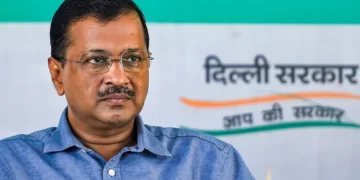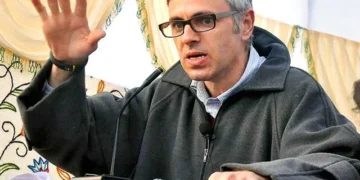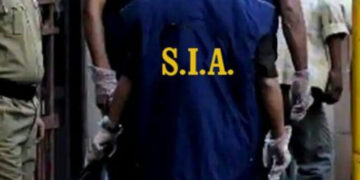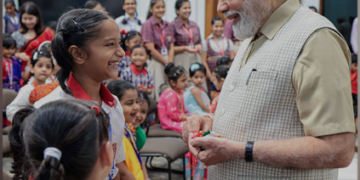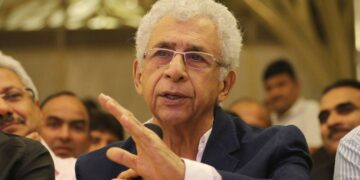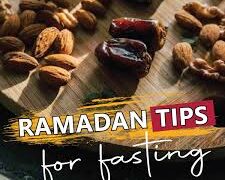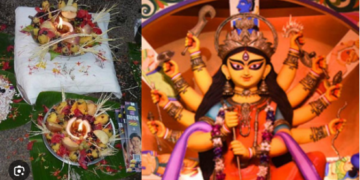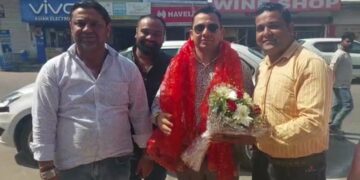While political parties in Kashmir have openly opposed the Delimitation Commission’s draft paper that has proposed six new Assembly constituencies for Jammu and only one for the Valley, it has brought no jubilation in Jammu either.
Many in Jammu feel that though their division will now have 43 seats (up from 37) and Kashmir 47 (up from 46), a difference of merely four seats, the draft proposal is still titled towards Kashmir despite Jammu having a larger area (26,293 sq km vs 15,948 sq km in Kashmir) and, as is commonly believed here, near-equal population as Kashmir.
While according to the 2011 Census, Kashmir’s population is 15,09,937 more than that of Jammu’s, many, including the BJP, maintain that the 2011 Census allegedly downplayed Jammu’s numbers to the advantage of mainstream political parties in Kashmir. In support of their claim, Jammu-based parties and organisations point out that in 2002, the division had 2 lakh more voters than Kashmir Valley.
A day after the Commission released its statement on the proposed delimitation that will take the total Assembly constituencies in J&K to 90, the mood appeared sombre even in the BJP headquarters, whose government at the Centre had set up the Delimitation Commission.
“There is nothing in the proposal to cheer. But officially, our stand is that the Commission has conducted the exercise keeping in view all the fixed parameters and the 2011 Census,’’ said a party leader.
“Jammu always wanted the delimitation exercise to be done on the basis of the 2021 Census. After extrapolating the 2011 Census, as per our calculation, there should have been 49 Assembly seats in Jammu and 41 in Kashmir had other parameters like area, accessibility etc. been given due weightage,” said Ankur Sharma, chairman of IkkJutt Jammu, a Jammu-based organisation.
While opposing the draft proposals as “unreasonable”, mainstream politicians in Kashmir, including the PDP and National Conference, have criticised the allotment of six additional seats to Jammu while Kashmir has been given only one additional seat. But many say they could be other factors behind their opposition.
The Delimitation Commission has for the first time proposed to reserve nine seats for Scheduled Tribes (STs). This is in addition to seven seats for Scheduled Castes (SC) candidates and 24 seats for Pakistan Occupied Kashmir (PoK).
By proposing to reserve seats for STs, the Commission has created a new political block of “Gujjars and Bakarwals’’ among the majority Muslims of Kashmir Valley. Gujjars and Bakarwals, who are Muslims, are the third major ethnic group after Kashmiris and Dogras in J&K.
The Delimitation Commission’s draft paper “will further divide people of Jammu and Kashmir, deepen their alienation and create a much bigger void between communities and the regions”, said PAGD spokesperson and CPI(M) leader M Y Tarigami on Tuesday, soon after a meeting of the grouping at National Conference leader Farooq Abdullah’s residence in Jammu.
So far in J&K, there has been political reservation only for Scheduled Castes. With no SCs among the Muslim community, Kashmir division had no reserved seats while Jammu had seven such seats. As such, Muslims in Kashmir were projected as one block despite the presence of Gujjars and Bakarwals among them, who were granted ST status in 1991 but were not granted political reservation by successive state governments.
“The Delimitation Commission proposal is irking Kashmiri politicians as they will now have to take seriously a large section existing within the majority community whom they had been ignoring till now,” said a prominent Gujjar leader who wished not to be named.


